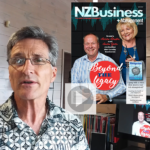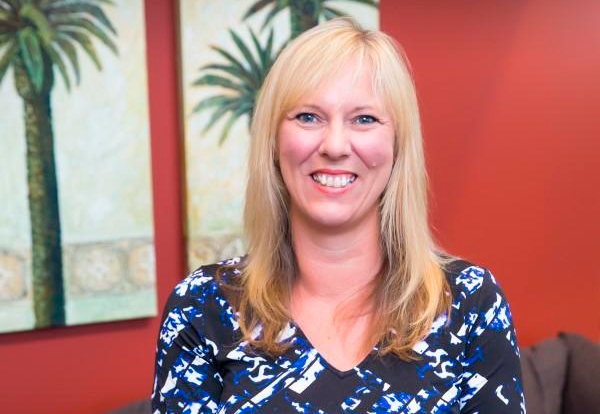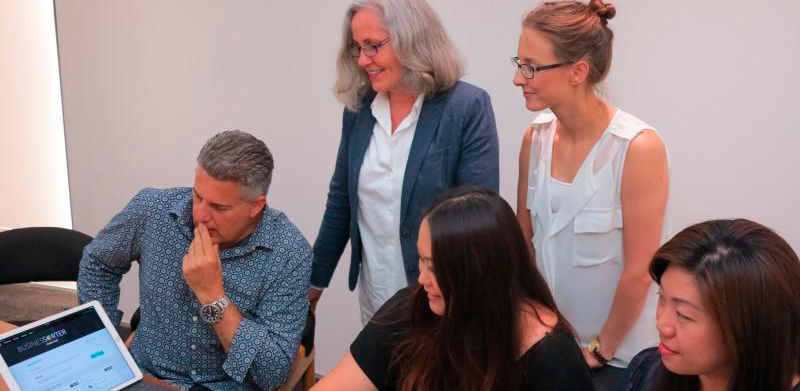Being the best they can
Pacific Discovery’s Rachel Sanson and Scott Burnett have built a successful Nelson-based…
Pacific Discovery’s Rachel Sanson and Scott Burnett have built a successful Nelson-based business by being the very best they can be. But they’ve operated under the radar in New Zealand where few know of their pioneering experiential gap year programmes.
Contrary to what many New Zealanders may imagine, a ‘gap year’ experience is not just about young school leavers having a whale of a time in some exotic location, courtesy of overindulgent parents. For Rachel Sanson and Scott Burnett, founders and directors of Pacific Discovery, their experiential gap year programmes are very much about an international education; providing an holistic picture of personal growth as these students take the steps to becoming adults and begin to think about their role in the world.
The summer, semester and gap year programmes are grounded in the philosophy of experiential education, where learning is facilitated and hands-on.
“Our programmes are overland journeys, blending cultural immersion, personal and leadership development, volunteer and community service projects, experiential education, wilderness exploration,” they say on their website. “Our mission is to offer the world’s best experiential programmes – providing insights into our increasingly global society, developing empathy for other cultures, furthering understanding of international issues, heightening appreciation for the earth’s wild places, and assisting [the students] to stretch and grow.”
It doesn’t come cheap for parents, with a 10-week semester programme costing around US$10,000, but the couple say while it is an outlay for parents, a lot of United States families see it as an investment in their children’s education. Data from at least one US university shows that those who undertake quality gap semesters finish university sooner, achieve better results and are more involved in their university community.
Rachel and Scott founded the company in 2001 in Oregon, but moved to Nelson in 2005 to raise their son. Sixteen years later the company has taken more than 2,000 students and many faculty-led groups on its experiential journeys through places such as Thailand, South America, Southeast Asia, Australia and New Zealand, and it brings about $3 million into the Nelson economy annually.
But, they say they haven’t as yet taken any New Zealand students and “nobody in New Zealand knows who we are”.
A gap year hasn’t really been on the radar of New Zealand families, but Rachel and Scott think that is changing as many Kiwi students now have an international experience through their high schools, and families have seen the changes this can bring about in their teen.
They are keen to raise Pacific Discovery’s profile in New Zealand and as pioneers in the American market they believe they were the first in New Zealand to offer this kind of education. When they started there were only three or four organisations offering gap year programmes in the US market and now there are maybe 20 to 30.
Scott says that in the US some 40 percent of young people aged 18 to 24 are on medication for anxiety and stress and the couple see their programmes as offering an opportunity for young people to have time to discover what is out there in the world and where they might fit in. They screen all the students to ensure they will really benefit from the programme.
Going by the postings on their Facebook page, they are hitting the mark. One Chinese American female student wrote:
“… I’ve really learned how to challenge myself and how to conquer many things, not just including heights and physical activities, but also mentally. Everything we did was just a reminder that you are so lucky to be able to have this type of opportunity where you can fully immerse yourself into something that is completely bigger than you or any problems that tend to consume your mind. It helps you realise to live in the moment!
Not only that, but I was challenged to do and see things differently [from] what I normally would do. New concepts and ideas were put into my head which not only allowed me to be a better consumer of the earth in a eco-friendly way, but it also gave me the strength to be strong in any given situation and that self-worth is very, very important.
To top it all off, I have met some incredible individuals that I am honored to call my Aussie-Kiwi family. I know that the amazing friends I’ve made here will be friends of mine for a very, very long time. It’s an understatement to say that these two months have been one of the best times of my life. I am eternity grateful for this experience.”
Labour of love
Rachel and Scott have immersed themselves totally in the business. They call it a ‘labour of love’ on their website. Rachel says they “did the hard yards” – working six or seven days a week for many years establishing the business.
They created everything from scratch – the individual programmes and stringent safety protocols, as well as learning publishing and design to develop their own website and promotional material.
Today they are not so worried about their intellectual property.
“We realised we are much better to focus on being the best we can be and continue creating best practice in the field.”
But they have learnt they can’t do everything themselves and while they just “poured themselves” into the company, they see now that when the organisation started to make
a profit that would have been a good time to get staff on board.
“We held on for too long doing it all ourselves to the detriment of our quality of life,” says Rachel.
Today they have four staff in New Zealand and 18 guides offshore.
And their advice to others is that starting your own business is hard work and takes lots of commitment, so you need to be pretty driven and passionate. “But you should go for it. When it feels too hard, maybe that is the time to keep going.”
When pressed on what makes them successful Scott says it is a strong focus on continually improving on what they are doing; reviewing the programmes at the end of every season and seeing what could be done better.
Visit www.pacificdiscovery.org




